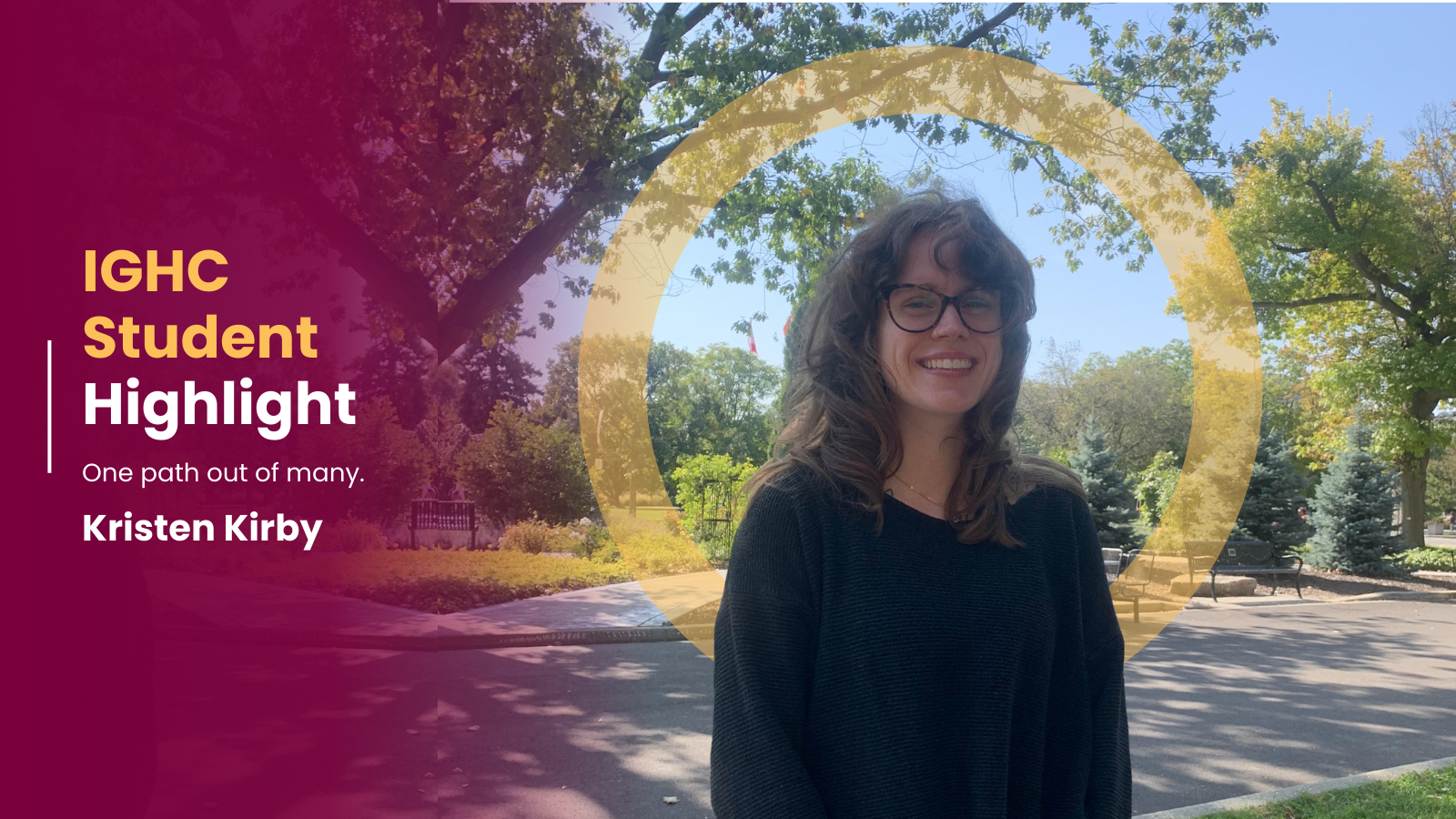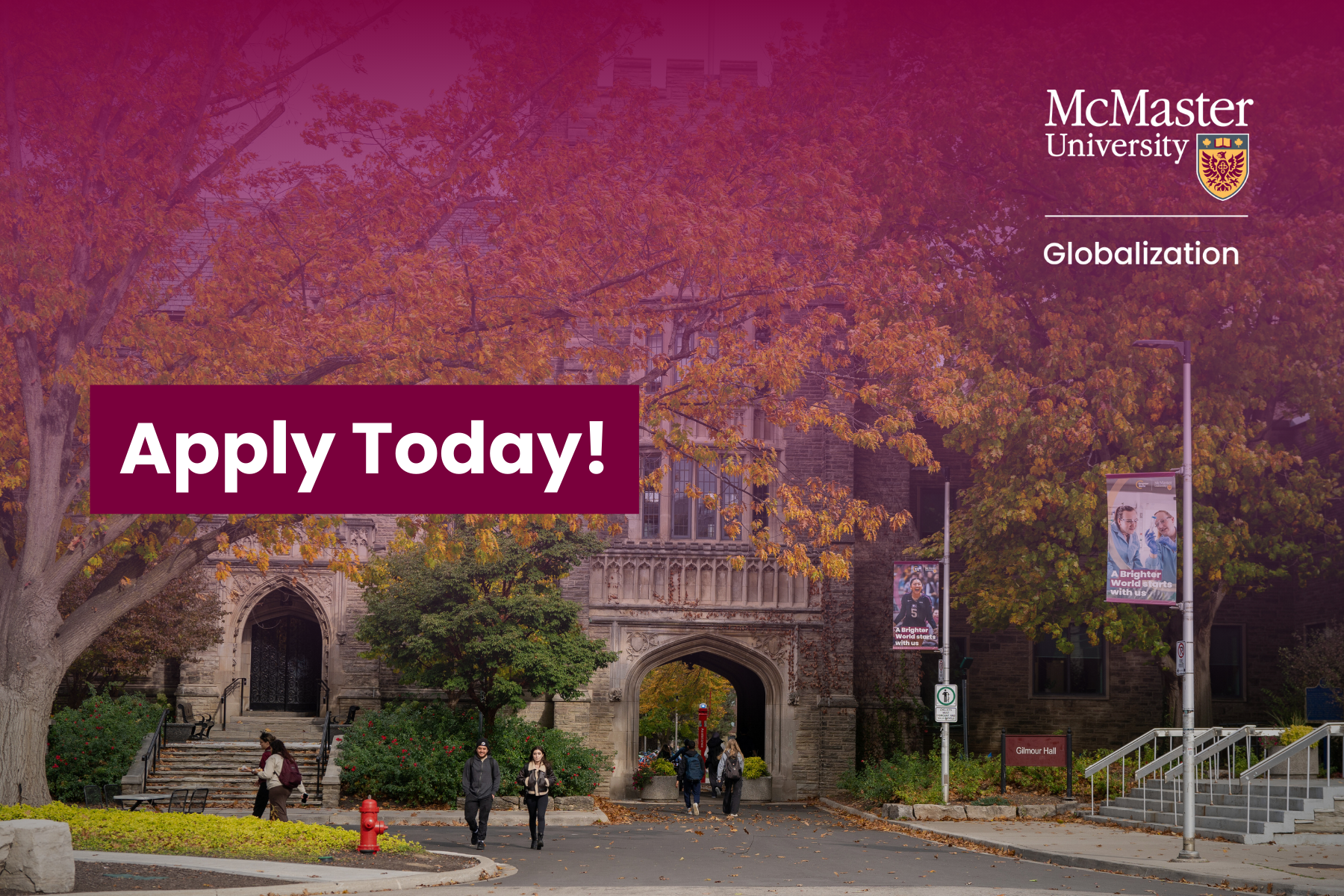Empowerment, Displacement and Connection Conference highlights challenges experienced by forcibly displaced scholars and the value of the knowledge that they bring
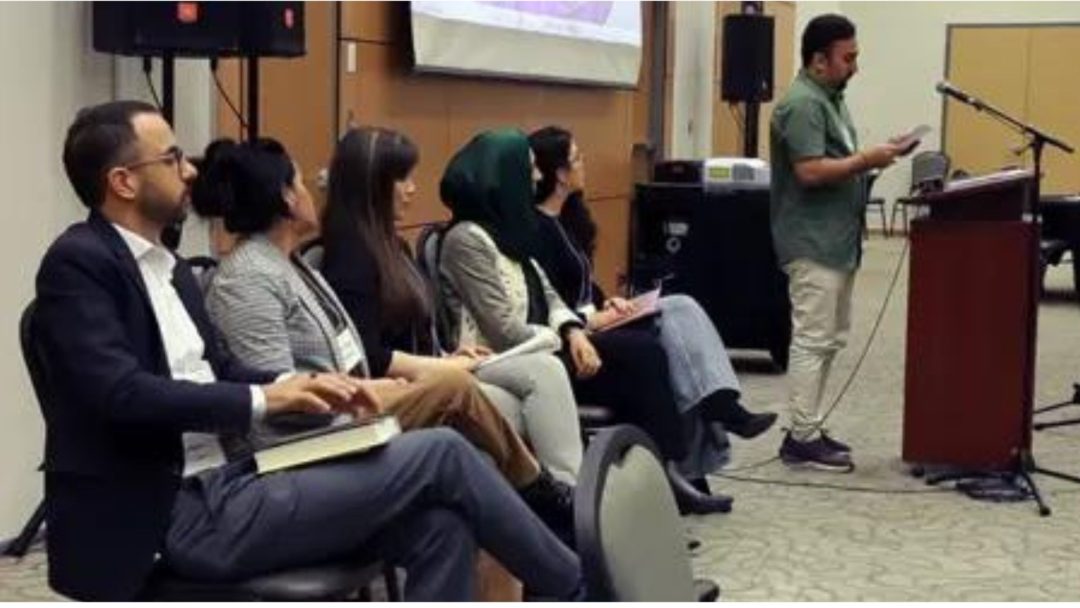
On October 21, 2023 McMaster University hosted a lively day of discussion, sharing of experiences, and productive brainstorming in a conference which brought scholars, human rights defenders, and others who had been forcibly displaced from their country of origin together with academics at Canadian universities and others concerned with the challenges associated with this displacement. The conference was co-sponsored by IGHC. This Empowerment, Displacement and Connection conference especially focused on value of humanities and social sciences-related knowledge that those who are displaced have, which is at risk of being lost, such as knowledge about cultural, social, and economic change, human rights and democracy, how to make governments that are good for people, how to understand armed conflict, how literature enriches our personal and societal understandings of ourselves, and so much more.
The first panel, moderated by Alina Sajed of our Department of Political Science, featured five speakers who had been associated with the Gender Studies Program at Kabul University that conference co-organizer Marufa Shinwari played a key role in creating. All five speakers had fled to Canada following the catastrophic takeover of Afghanistan by the Taliban in 2021. Shabnam Baheej, Marjan Alipur, Muzghan Hamraz, Sher Jan Takal, and Erfan Erzaz spoke movingly about foreign governments and non-governmental actors not adequately understanding Afghanistan and then failing in their efforts to promote democracy there, and their own experiences and the experiences of women before and after the takeover by the Taliban.f
The second panel, moderated by Aytak Dibivar of our Global Peace and Social Justice Program focused on existing challenges and initiatives. Oshani Amaratunga of TalentLift Canada and Sonia C?tinean, Programme Manager at Na’amal highlighted their organizations’ successes in linking displaced people to employment. Geoffrey Cameron of our Department of Political Science spoke about the inspiring example of the Bahá?í Institute for Higher Education (BIHE) which created internationally recognized university programs under conditions of extreme oppression in Iran.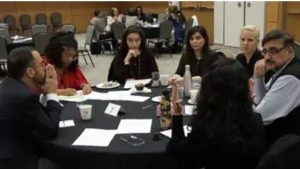 Shuchi Karim, Project Director, Placement, Preservation and Perseverance: Afghan at Risk Scholars, Activists and Students, Carleton University and Nandini Ramunujam, Faculty of Law, McGill University and Co-Director McGill Centre for Human Rights and Legal Pluralism, who served on the Steering Committee of the Scholars at Risk Network, Canada from 2016-2022, spoke about the importance, but also the difficulties, of integrating displaced scholars into the Canadian univer
Shuchi Karim, Project Director, Placement, Preservation and Perseverance: Afghan at Risk Scholars, Activists and Students, Carleton University and Nandini Ramunujam, Faculty of Law, McGill University and Co-Director McGill Centre for Human Rights and Legal Pluralism, who served on the Steering Committee of the Scholars at Risk Network, Canada from 2016-2022, spoke about the importance, but also the difficulties, of integrating displaced scholars into the Canadian univer
sity system, and the lack of adequate institutional recognition of the challenge or support for addressing it.
The third panel, moderated by Alpha Abebe of our Communi
cations Studies & Media Arts department, featured Bree Akesson of the Faculty of Social Work at Wilfrid Laurier University, Mirna Carranza of our School of Social Work, Christina Clark-Kazak of the Graduate School of Public and International Affairs at the University of Ottawa, and Christopher Kyriakides of the Department of Sociology and Centre for Refugee Studies, York University, who together spoke about their experiences with projects and other efforts to address issues associated with displacement, conveying the importance of grounding our understandings in the varied personal experiences of displacement, recognizing the impacts on the continuity of meaningful life-narratives, being sensitive to language in not diminishing the value of knowledge and lives lived before displacement, the importance of transnational connections, and of calls to action.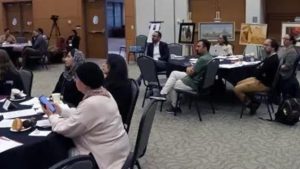
The conference also involved two sets of roundtable discussions involving all participants, bringing out the pressing need for further efforts to research and map local and international efforts already underway, to address the roles that gender, class and ethnicity play, to find ways to continue to strengthen connections, to remove barriers in universities to displaced students and scholars, to build institutional support from universities, and to influence policy. The conference included an exhibition featuring the art of Yar Taraky, with proceeds supporting displaced scholars.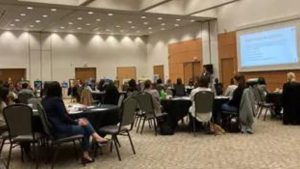
The conference was sponsored and funded by the McMaster University’s Gender and Social Justice Program, Institute on Globalization and the Human Condition, Office of International Affairs, and Department of Political Science, as well as the Immigrant Culture and Art Association of Hamilton. Photos of the conference were provided by Sufayan Alqaisy. A second conference is planned for 2024. The conference organizers can be reached at edconnec@mcmaster.ca.
Departmental NewsRelated News
News Listing

4 days ago

